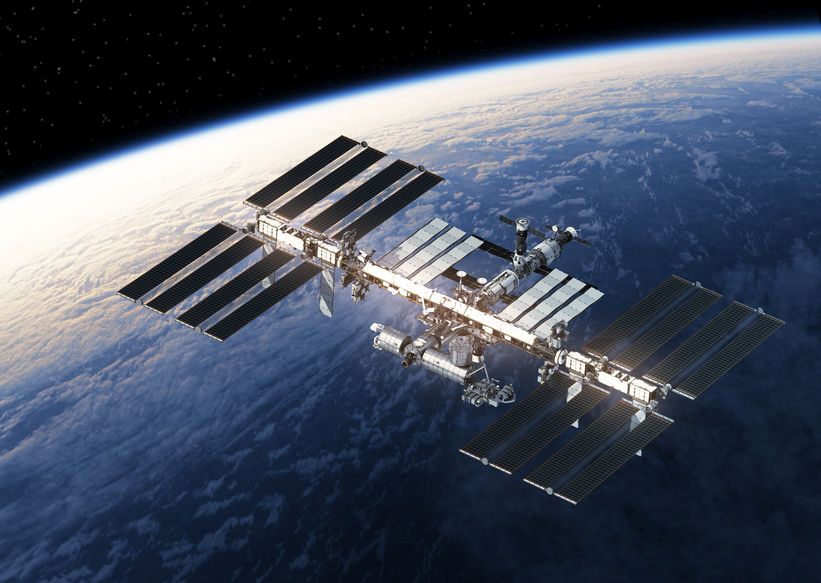Beef grown on ISS in milestone for cultured meat

The first piece of meat has been successfully grown in space on the International Space Station.
The lab-grown beef was created by Israeli and Russian scientists 248 miles above the Earth's surface on 26 September.
Cow cells were harvested back on Earth and sent on board the Russian segment of the ISS.
Using a 3D bioprinter under zero-gravity conditions, scientists copied a natural process of muscle-tissue regeneration which occurs inside a cow’s body.
Researchers now hope the milestone could further advance ways to provide meat for those living and working on the space station.
It also marks an advancement in providing people meat without the environmental stigma some intensive beef farms around the world have to live with.
The scientists were working for Aleph Farms, an Israeli food company, and Russian technology firm 3D Bioprinting Solutions.
Didier Toubia, CEO of Aleph Farms, said: “We are working on a new method to produce the same meat, but in a way that uses less than half of the greenhouse gases.
“In space, we don’t have 10,000 or 15,000 litres of water available to produce 1kg of beef.
“We are proving that cultivated meat can be produced anytime, anywhere, in any condition.”
It comes as the UK leads international efforts to develop lab-grown meat which could be on supermarket shelves within five years.
Researchers say that 60 percent of the meat people eat by the year 2040 will not come from present production methods.
Lab-grown meat products are not on sale yet in the UK, however, a number of companies in the US have created edible products including a burger, and meat balls.








